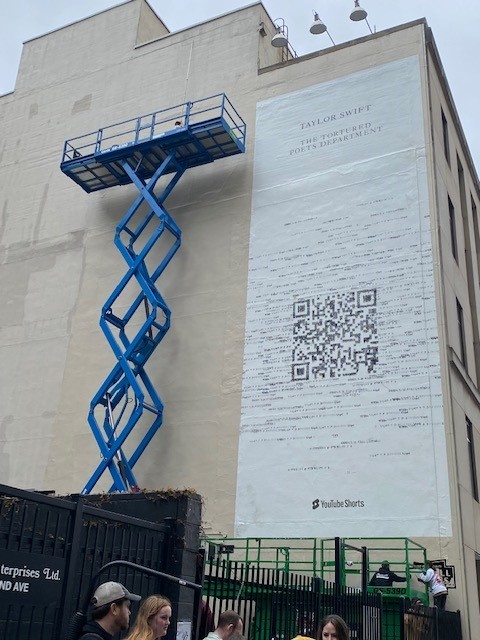You see them on the streets all over downtown Chicago--“Bigbelly” compacting garbage cans. On their face, they are almost an impossibly simple idea: solar-powered trash cans which smash the trash, reducing the frequency with which they need to be emptied, saving manpower and money. They even have cellular cards built into their brains, enabling them to phone home when they need to be emptied.
At least that’s how it works if they are plugged in.
But NBC 5 Investigates found that’s not the case with nearly every unit we examined in downtown Chicago. As we watched a worker open dozens of the units, we found most had the compacting systems disconnected. Many had no battery inside. Some had broken hoppers, or no lock on the door.
In other words they are simply $6,000 trash cans.
Contrast that with Navy Pier, operated by a separate unit of government, which has used Bigbellies for the last two years. Executive Vice-President Mike Degnan told NBC 5 the Pier has 35 Bigbellies, and they are about to get 11 more.
“We’ve been extremely happy with them,” Degnan said. “Absolutely, a smarter way to do things!”
Indeed, Degnan said his staffers have loved Big Belly’s most unique feature, which shows in real time which units need to be emptied, increasing efficiency and eliminating the need to repeatedly check trash cans to see if they are full. Plus, the Pier’s Bigbellies have companion recycling units, which Degnan suggested have been an overwhelming success.
Local
“Last year we had a million gallons of trash go into our 35 stations,” he said. “Of that million gallons, 35 percent of it was recycled.”
On top of that, the units keep track of what they’ve done. And since each can display its own history, Pier staffers know which ones to move to new locations for maximum efficiency.
“After about three months, we saw the benefit of this and we said, you know what? We’re going to deploy these across the Pier,” he said.
Indeed Bigbelly says its smart garbage cans are in use by many other Chicagoland entities, including dozens of suburbs and neighborhood organizations, museums, even the Chicago Cubs.
So why isn’t the city of Chicago doing more with theirs, especially after paying a reported $2.5 million for the units when they started phasing them in in 2009?
No one will say. Mayor Rahm Emanuel’s administration refused repeated requests to make Streets and Sanitation officials available for an interview. And when NBC 5 Investigates presented them with what we found in the disconnected and damaged units, a spokeswoman sent a one-line statement insisting, “Our current inventory of 349 Big Bellies are in working condition.”
Bigbelly has clients across the United States and around the world. In Philadelphia, Streets Commissioner Carlton Williams told NBC 5 he estimates his city has saved at least $800,000 per year with the units.
“That’s in crew costs and productivity,” he said. “We’re able to reduce the amount of collections from 17 times per week, to just three times per week to service.”
Williams said that has not meant a reduction in manpower, but rather a smarter way of using his existing staff.
“That’s very critical when you have limited resources and we’re trying to make the most out of our budget,” he said. “It does a whole lot more than just collect trash, but it serves its primary purpose of making it an efficient system, and making the city of Philadelphia a much cleaner place to be.”
Indeed, an NBC 5 Investigates examination of Streets and Sanitation overtime here in Chicago seems to indicate similar savings when the units were first deployed. In 2008, Streets and Sanitation workers collected a total of $17.6 million in overtime alone. But over the next few years—which is when the city says it phased in its Bigbelly compactors—overtime dropped by more than half, down to an average of just $7.5 million annually—and an average savings to taxpayers of more than $10 million every single year.
But in more recent years, as the city has allowed its Bigbelly compactors to fall into disrepair, taxpayers have once again started paying millions more in overtime, every year, to the city’s sanitation workers.
Now, the city of Chicago says it is phasing out the Bigbellies, and, according to a statement, “exploring other options for a better and more efficient receptacle.” A Bigbelly spokeswoman says the company wishes it could continue its relationship with Chicago, and press the “reset” button – equipping the city with newer models, in the hopes that Chicago workers would take advantage of all of the receptacle’s energy-saving features, as so many other cities have done.
On the street, staring at dirty and (in some cases) damaged units along the Magnificent Mile, passers-by chalked the controversy up as another tale of life in Chicago.
“It’s no surprise,” said one man, decked out in Cubbie blue. “The government did it!”



